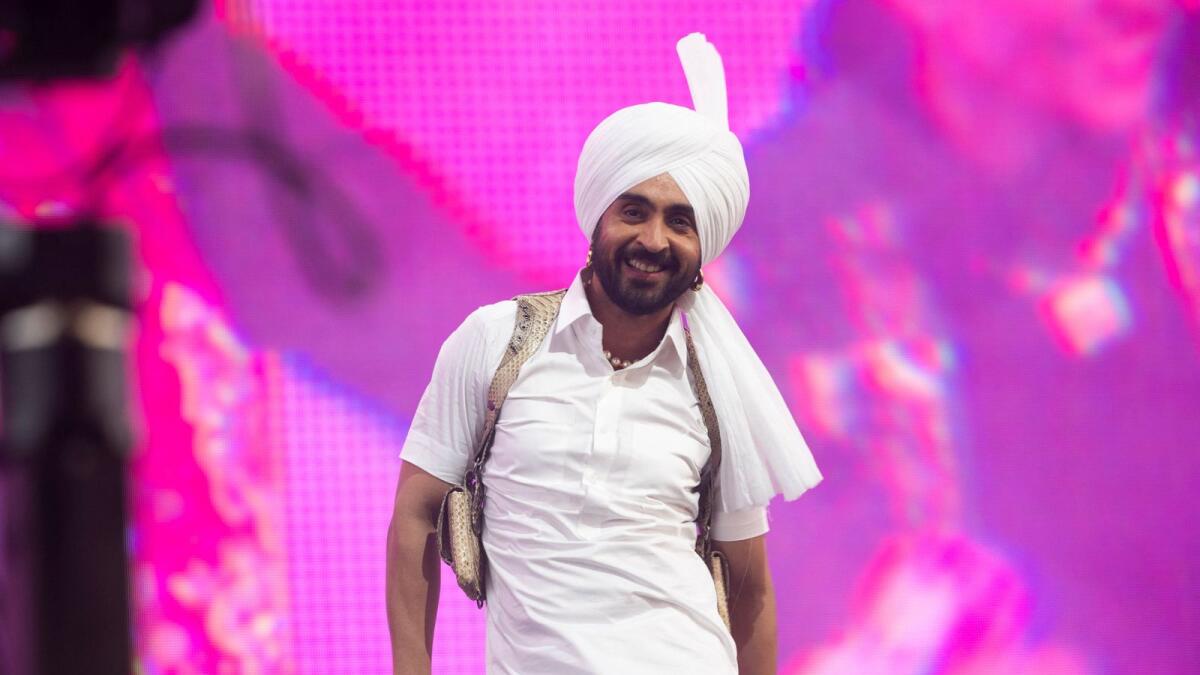Punjabi superstar Diljit Dosanjh recently faced accusations from a Los Angeles-based choreographer, Rajat Rocky Batta, claiming that dancers were not paid during his Dil-Luminati Tour in the US. The choreographer took to Instagram to express his disappointment, stating that the dancers were expected to perform for free. However, Dosanjh’s manager, Sonali Singh, refuted these claims, stating that the official team never contacted Batta or Manpreet Toor, who were presenting false narratives on social media. Singh also clarified that the tour’s official choreographers were different individuals.
Dosanjh’s dancers, in response to the accusations, defended their decision to perform alongside the star. They expressed their gratitude for the opportunity to showcase their Punjabi culture on a global stage and emphasized the importance of their cultural heritage. Despite the concerns raised by the choreographer, the dancers stood by their decision and distanced themselves from those who did not understand their relationship with Dosanjh and the value they placed on the experience.
Dosanjh, who has recently performed on Jimmy Fallon’s Tonight Show, announced plans to bring his high-energy tour to the UAE. The Punjabi superstar has gained widespread acclaim for his music and performances, breaking glass ceilings in the industry. While the controversy surrounding the payment of dancers may have caused a stir, Dosanjh continues to focus on his successful career and expanding his reach to international audiences.
The allegations made by the LA-based choreographer shed light on the challenges faced by dancers in the industry, particularly in terms of compensation and recognition. The incident sparked a conversation about the importance of valuing and respecting performers who contribute to the success of artists like Dosanjh. Moving forward, it is crucial for artists and their teams to ensure fair treatment and compensation for all individuals involved in their productions to prevent similar controversies.
In light of the accusations, Dosanjh’s manager’s statement clarifying the situation provides a different perspective on the issue. It highlights the importance of verifying information before making accusations on social media platforms. The differing accounts from the choreographer and the official team underscore the complexity of managing relationships and communication within the entertainment industry, emphasizing the need for transparency and clear communication to avoid misunderstandings.
As Dosanjh continues to expand his presence on the global stage, it is essential for him and his team to address any unresolved issues regarding payment and treatment of performers. By maintaining open lines of communication and ensuring that all individuals involved in his tours are fairly compensated, Dosanjh can uphold his reputation as a respected artist while supporting the talented dancers who contribute to his success. Ultimately, resolving conflicts and improving working conditions for dancers in the industry will lead to a more harmonious and prosperous environment for all involved.









